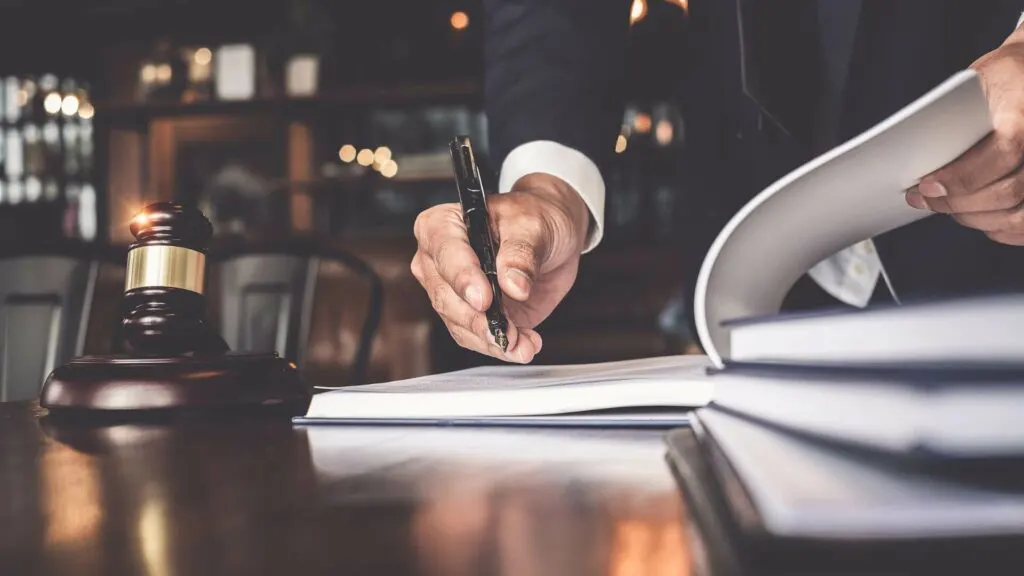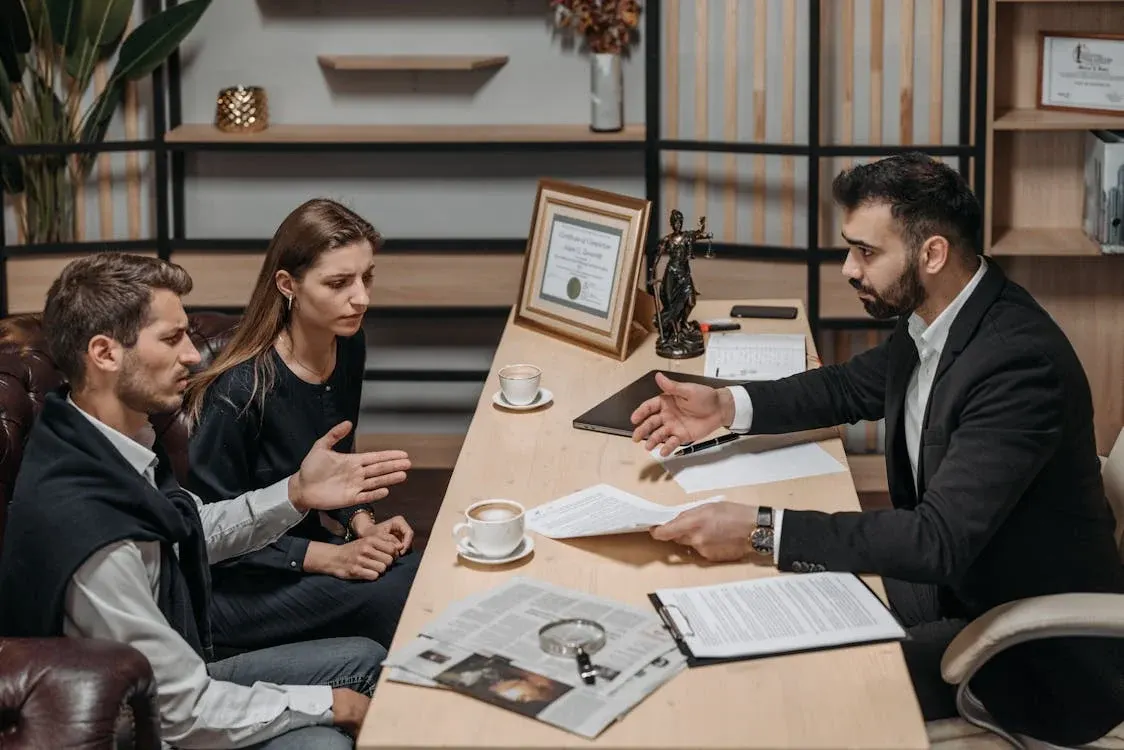
Being charged with a crime can be a frightening and confusing experience. Understanding your rights is crucial in these situations, as it can significantly affect the outcome of your case. This blog post aims to shed light on why it is essential to know your rights when you’re charged with a crime. We’ll walk you through the legal process, highlight the importance of legal representation, and provide practical tips to prevent common mistakes. By the end of this read, you’ll have a clearer understanding of what steps to take to protect yourself.
Understanding the Legal Process

Navigating the legal system can be overwhelming, especially if you’re unfamiliar with it. Knowing what to expect can help reduce anxiety and prepare you for what lies ahead.
The Arrest
The legal process typically begins with an arrest. This is when law enforcement takes you into custody based on probable cause. During this phase, it’s essential to stay calm and cooperative. Resisting arrest can lead to additional charges, making your situation more complicated.
The Arraignment
Next comes the arraignment, where you’ll appear before a judge. During this hearing, you’ll be formally charged, and you’ll enter a plea—usually guilty, not guilty, or no contest. The judge will also set bail, depending on the severity of your alleged crime and your flight risk.
Pre-Trial and Trial
If you plead not guilty, the case moves to the pre-trial phase. Here, both the defense and prosecution gather evidence and build their cases. This phase could involve plea negotiations, where you might agree to plead guilty in exchange for a lesser charge or sentence. If no plea agreement is reached, the case proceeds to trial, where both sides present their arguments, and a judge or jury determines your guilt or innocence.
Your Rights: Know Them, Protect Them

Knowing your rights can be the difference between a fair trial and a legal nightmare. Here are some fundamental rights you should be aware of.
The Right to Remain Silent
One of the most critical rights you have is the right to remain silent. Anything you say can and will be used against you in a court of law. Exercising this right can prevent you from unintentionally incriminating yourself. Politely tell the officers that you wish to remain silent until you consult with an attorney.
The Right to an Attorney
You also have the right to an attorney. If you cannot afford one, the court will appoint a public defender to represent you. Legal representation is crucial for navigating the complexities of the legal system and ensuring your rights are protected. Having a Detroit criminal lawyer or an experienced criminal defense lawyer in your area is invaluable during criminal proceedings. These professionals bring a wealth of knowledge about the local legal system and can offer strategic advice tailored to your specific situation. They play a crucial role in navigating complex legalities, ensuring your rights are upheld every step of the way. An experienced attorney can provide reassurance and clarity on complicated issues, from pleadings to evidence submission, ultimately guiding you toward the most favorable outcome. Engaging their expertise can dramatically shift the trajectory of your case from arraignment to trial.
The Right to a Fair Trial
Everyone is entitled to a fair trial. This means that you have the right to be presumed innocent until proven guilty, the right to confront witnesses against you, and the right to a speedy trial. Understanding these rights can help you identify any potential violations and bring them to your attorney’s attention.
The Role of an Attorney

Legal representation is not just a formality; it’s a necessity. Here’s why having a competent attorney can make all the difference.
Expert Guidance
An experienced attorney understands the intricacies of the law and can guide you through each step of the legal process. They can explain your charges, advise you on possible outcomes, and help you make informed decisions.
Building a Strong Defense
Your attorney will work to build a strong defense by gathering evidence, interviewing witnesses, and challenging the prosecution’s case. They can file motions to suppress illegally obtained evidence, which could result in a dismissal of charges or a reduction in penalties.
Negotiating Plea Deals
Sometimes, a plea deal is the best course of action. Your attorney can negotiate with the prosecution for a lesser charge or a more lenient sentence. This negotiation process requires skill and experience, which is another reason why legal representation is vital.
Common Mistakes to Avoid

Defendants often make mistakes that can jeopardize their cases. Here are some pitfalls to avoid and how understanding your rights can help.
Talking Too Much
One common mistake is talking too much to law enforcement or even friends and family about your case. Remember, anything you say can be used against you. It’s best to remain silent and only discuss your case with your attorney.
Ignoring Legal Advice
Another mistake is ignoring your attorney’s advice. Your attorney has your best interests at heart and is well-versed in the legal landscape. Following their guidance can mean the difference between a favorable outcome and a disastrous one.
Missing Court Dates
Failing to show up for court dates can lead to additional charges and complicate your case further. Always keep track of your court appearances and attend them punctually. If you can’t make it, notify your attorney immediately.
Resources for Legal Advice and Support
Legal advice and support are crucial, especially if you cannot afford an attorney. Here are some resources to consider.
Public Defenders
If you can’t afford a private attorney, a public defender will be appointed to represent you. Public defenders are experienced attorneys who can provide competent legal representation.
Legal Aid Organizations
Numerous legal aid organizations offer free or low-cost legal services to those in need. Organizations like Legal Services Corporation (LSC) and local legal aid societies can provide valuable assistance.
Online Legal Resources
Websites like Nolo, FindLaw, and LegalZoom offer a wealth of information on various legal topics. While these resources can’t replace professional legal advice, they can provide helpful insights and guidance.

Understanding your rights when charged with a crime is not just important—it’s essential. It can protect you from self-incrimination, ensure you receive a fair trial, and help you make informed decisions. Navigating the legal system is complex, but with the right knowledge and legal representation, you can confidently face your charges.
If you or someone you know is facing criminal charges, don’t hesitate to seek legal advice. Contact a competent attorney to discuss your case and explore your options. It’s never too early to start protecting your rights.

Jessi is the creative mind behind The Coffee Mom, a popular blog that combines parenting advice, travel tips, and a love for all things Disney. As a trusted Disney influencer and passionate storyteller, Jessi’s authentic insights and relatable content resonate with readers worldwide.
